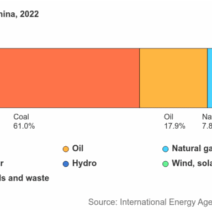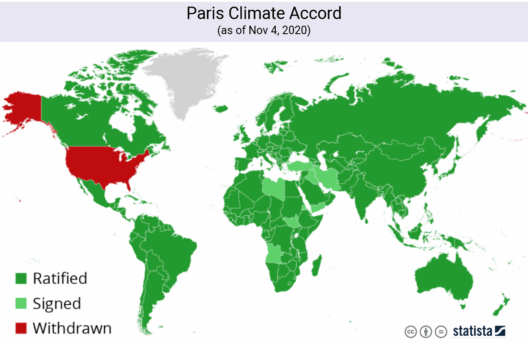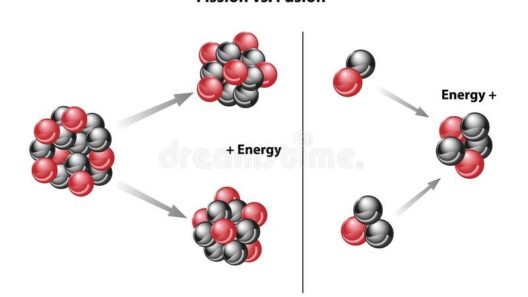In today’s world, it is paramount for the younger generation to engage actively in environmental stewardship. Children possess an innate curiosity and the potential to grasp important concepts, making them crucial advocates for sustainable living. Conserving energy is a vital aspect of combating climate change and fostering a healthier planet. This article outlines various methods through which kids can contribute significantly to energy conservation, providing an extensive guide on simple yet impactful steps.
First and foremost, energy awareness begins at home. Children must understand the sources of energy used in their daily lives, including electricity, gas, and renewable energy. Initiating discussions about these sources cultivates an understanding of their importance and the implications of their usage. This conversation can take the form of a family project where children can research different energy types. They can explore how non-renewable resources, such as fossil fuels, contribute to greenhouse gas emissions, while renewable resources like solar and wind power present greener alternatives.
Once children comprehend these concepts, practical applications become essential. One of the most effective ways for kids to conserve energy involves adopting simple habits at home. Turning off lights when leaving a room, unplugging chargers when not in use, and utilizing natural light during the day are all small actions that lead to significant savings in energy consumption. Children can be encouraged to set reminders or create a checklist to ensure that these habits become second nature.
Additionally, established routines can be supplemented with fun challenges. For instance, families might engage in a “no electricity day” event periodically, where all family members are required to limit their electrical usage. This hands-on approach allows kids to experience first-hand the benefits of reduced energy consumption while fostering creativity in finding alternative methods for entertainment. Board games, reading, and outdoor activities can replace electronic devices, showcasing that fun does not have to rely on power consumption.
Moreover, children can play a pivotal role in energy conservation by advocating for energy-efficient appliances. Youngsters are often keen to help their parents make informed choices. They can assist in researching Energy Star-rated appliances when it’s time to upgrade. These products are designed to use less energy while maintaining performance, which can significantly reduce household electricity bills and carbon footprints. Educating kids on this topic equips them with knowledge that extends into the future regarding purchasing decisions and lifestyle choices.
Furthermore, children possess a unique power to influence their peers. By initiating conversations in school or within friend groups about energy conservation, kids can amplify their impact. Simple campaigns like “Light Bulb Day” or “Earth Hour,” where peers are encouraged to turn off lights for an hour, can raise awareness and encourage group participation. A class project focusing on creating posters or presentations about conserving energy can further solidify this knowledge, allowing the ideals of sustainability to proliferate among their social circles.
Another vital way kids can contribute to conserving energy is through understanding the local ecosystem and its relationship with energy. Organizing or participating in school field trips to local renewable energy facilities, such as solar or wind farms, can provide practical insight into sustainable practices. Witnessing firsthand how these systems operate emphasizes the feasibility of renewable energy and inspires children to champion such technologies.
Education about transportation also plays a significant role in energy conservation. Encouraging walking, biking, or carpooling to school not only conserves energy but promotes physical health and environmental awareness. Schools can set up walking school buses, where groups of students walk together under the supervision of an adult. This reinforces a community approach to sustainability while making a fun, social activity out of energy conservation.
Gardening presents another engaging avenue for children to understand energy conservation. By cultivating a garden at home or in a community space, kids learn about the importance of local food production and the energy associated with transporting food long distances. Organic gardening promotes an ecological balance, which can significantly lessen the demand for energy-intensive agricultural practices. Children can explore topics such as composting, crop rotation, and the benefits of native plants that require less water and maintenance.
Incorporating technology into energy conservation discussions can also resonate with children. Many applications promote energy-saving habits and can be integrated into daily routines. Kids can track their family’s energy use with various apps, enabling them to visualize their efforts and engage in friendly competitions. Building a game or leaderboard can enhance motivation as families strive to meet certain energy reduction goals. Technological savviness will also empower them to advocate for smart home technologies that optimize energy use.
Lastly, instilling a sense of responsibility in children regarding energy conservation extends beyond their immediate surroundings. Encouraging participation in community clean-up or energy-saving initiatives can foster a sense of stewardship toward a larger mission. They can volunteer for local environmental organizations, urging local authorities to adopt energy-efficient policies. This grassroots involvement primes children to understand the collective effort needed to tackle climate change effectively.
In conclusion, children are not merely passive observers of energy conservation; they are active participants capable of enacting substantial change in their environments. By fostering awareness, encouraging simple habits, and promoting advocacy, kids can pave the way toward a greener tomorrow. It is through their actions that a culture of energy conservation will flourish, ensuring a brighter future for generations to come.








